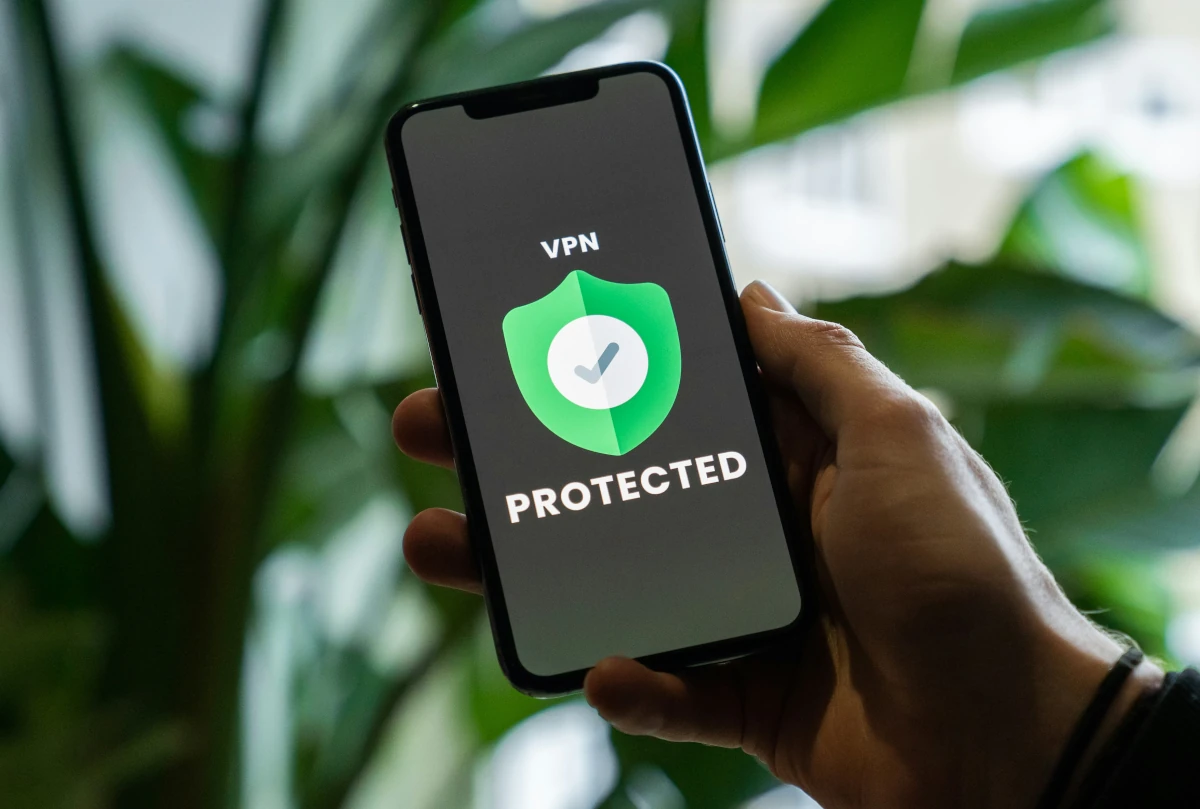Securing remote work
Discover in this article, how to secure remote work
Remote work has become an inescapable reality in our society. Whether through digital nomadism or remotely, more and more professionals are able to work from anywhere in the world. However, this increased flexibility also entails risks in terms of data security and confidentiality. In this article, we will explore key strategies for securing remote work and ensuring optimum productivity.
Use a virtual private network (VPN)
When you are working remotely, your Internet connection can be vulnerable to attacks and data interception, especially when you are connecting from public places such as cafés, airports and hotels. This is where a VPN comes in.
A VPN creates a secure encrypted tunnel between your device and the corporate network. When you connect to the Internet via a VPN, all your data is encapsulated in a secure protocol, preventing unauthorized third parties from accessing sensitive information. This means that even if someone manages to intercept them, your data would be completely unreadable due to their encryption.
By using a VPN, you can work securely, even when connecting to the Internet from public places. Public Wi-Fi networks are often insecure and can be easily compromised by cyber criminals trying to steal sensitive information. By using a VPN, you mask your real IP address and route all your data through secure remote servers, adding an extra layer of privacy and protection.
In short, using a virtual private network (VPN) is essential for securing your data when working remotely. By creating an encrypted tunnel between your device and the corporate network, a VPN prevents unauthorized third parties from accessing sensitive information. Choose a reputable VPN service and make sure you activate it every time you connect to the Internet from a public place. With a VPN, you can work securely, keeping your data confidential wherever you are.
Using Cryptosmart PC can be particularly beneficial for professionals who handle sensitive or confidential information when working remotely. When using Cryptosmart PC, you benefit from double security. A VPN ensures data protection during transmission over the Internet, while Cryptosmart encrypts information stored on the computer itself. This means that even if someone physically accesses your computer or tries to compromise it, the data remains inaccessible without the appropriate access.
Update software and hardware regularly
Software and hardware updates are essential for maintaining a high level of security when working remotely. Here is why:
When it comes to software updates, installing the latest versions of software and operating systems on your devices is crucial to ensuring the security of your data. Software developers regularly release updates that include security patches.
These patches correct known vulnerabilities and strengthen the protection of your data against potential attacks. Ignoring software updates exposes your devices to security risks, as cyber criminals often exploit known vulnerabilities to gain access to sensitive data.
For hardware updates, in addition to software updates, it is just as important to keep equipment such as routers, firewalls and network devices up to date. Manufacturers regularly release updates for their products, often including security patches and feature enhancements. By keeping them up to date, you benefit from the latest security measures and the best performance, further protecting your network and data.
To make sure your software and operating systems are up to date, activate automatic updates whenever possible. This will enable your device to download and install the latest versions without requiring your manual intervention. You can also configure your devices' settings to automatically search for and install updates, so you are always protected by the latest security patches.
Use strong, unique passwords
Creating strong passwords is also an important step in securing your online accounts and protecting your data. Here are some important details to bear in mind:
- Password complexity: Avoid using passwords that are easy to guess, such as common words, simple numerical sequences or obvious personal information (like your date of birth). Instead, opt for complex combinations of letters (upper and lower case), numbers and special characters. Password length: A longer password is generally more secure. Try to create passwords with at least 8 to 12 characters, and even more if possible. Longer passwords are harder to crack using brute force or dictionary methods.
- Use unique passwords: It is crucial to use a unique password for every online account you have. If you use the same password for several accounts, and one of these accounts is compromised, this can give attackers access to your other accounts. Use different passwords for each account to minimize the risk of damage spreading in the event of a security breach.
- Use a password manager: Managing and remembering multiple passwords can be difficult. Using a secure password manager can make this task much easier. A password manager lets you securely store all your passwords in an encrypted database. You then only need to remember a master password to access this database, while the manager automatically generates and fills in complex passwords for your accounts. Make sure you choose a reputable and secure password manager.
By following these tips, you can create strong, unique passwords to secure your online accounts. Remember to change your passwords regularly and activate two-step verification (two-factor authentication) whenever possible. Protecting your online accounts starts with strong, secure passwords.
Backup data regularly
When you work remotely, your critical files and data can be exposed to a variety of risks, such as technical problems, human error, hardware failure or even cyber attacks. This is why backing up your files regularly is crucial to avoid data loss and ensure work continuity.
Use secure online storage solutions, such as cloud computing services, enabling you to back up your important files on remote servers, with robust security measures and data encryption. Automatic backup services simplify the backup process by making regular, automated backups of your files, preventing oversights and ensuring constant data protection.
It is important to establish a backup routine by defining an appropriate schedule and sticking to it. You can use reminders or notifications to help you remember to back up your files at specific times. Make sure you store your data securely, too, by choosing online storage solutions with encryption mechanisms to protect your files against unauthorized access. Two-factor authentication (2FA) adds an extra layer of security by requiring a second form of authentication, making it more difficult to access your accounts even if the password has been compromised.
Cryptobox is a secure online storage solution you might want to consider. This online storage service offers enhanced data protection with end-to-end encryption. Cryptobox meets the challenges of business efficiency by facilitating internal and external exchanges.
Use a secure communication application
When you work remotely, communication with your colleagues, customers or partners is essential. However, it is crucial to ensure the security of your exchanges, especially when you are sharing sensitive or confidential information. This is where secure communication applications come in.
Secure communication applications are designed to protect the confidentiality of your online conversations. They use advanced encryption protocols to ensure that only authorized persons can access the messages exchanged. These applications provide end-to-end data encryption, meaning that only those involved in the conversation can decrypt and read messages, even if the data is intercepted during transmission.
By using a secure communications application, you can rest assured that your exchanges are protected against unwanted interception and eavesdropping, which is particularly important when transmitting sensitive information such as passwords, confidential data or business documents.
It is important to note, however, that the security of communication applications also depends on good security practices to prevent the risk of cyber attacks, such as protecting your device with a strong password, regularly updating applications and operating system, and being careful when sharing sensitive information.
Citadel Team is among the secure communication applications we have developed. Citadel Team offers advanced instant messaging, file sharing, videoconferencing and real-time collaboration, all with enhanced security. Hosted in France and operated by Thales, Citadel Team offers a high level of security and does not resale data.
In conclusion, remote work offers unrivalled flexibility, but the security aspects must not be overlooked. By following the steps outlined above, you can strengthen your data protection and privacy while enjoying the benefits of digital nomadism and remote work. Make sure you implement these practices now to work remotely with complete security.



